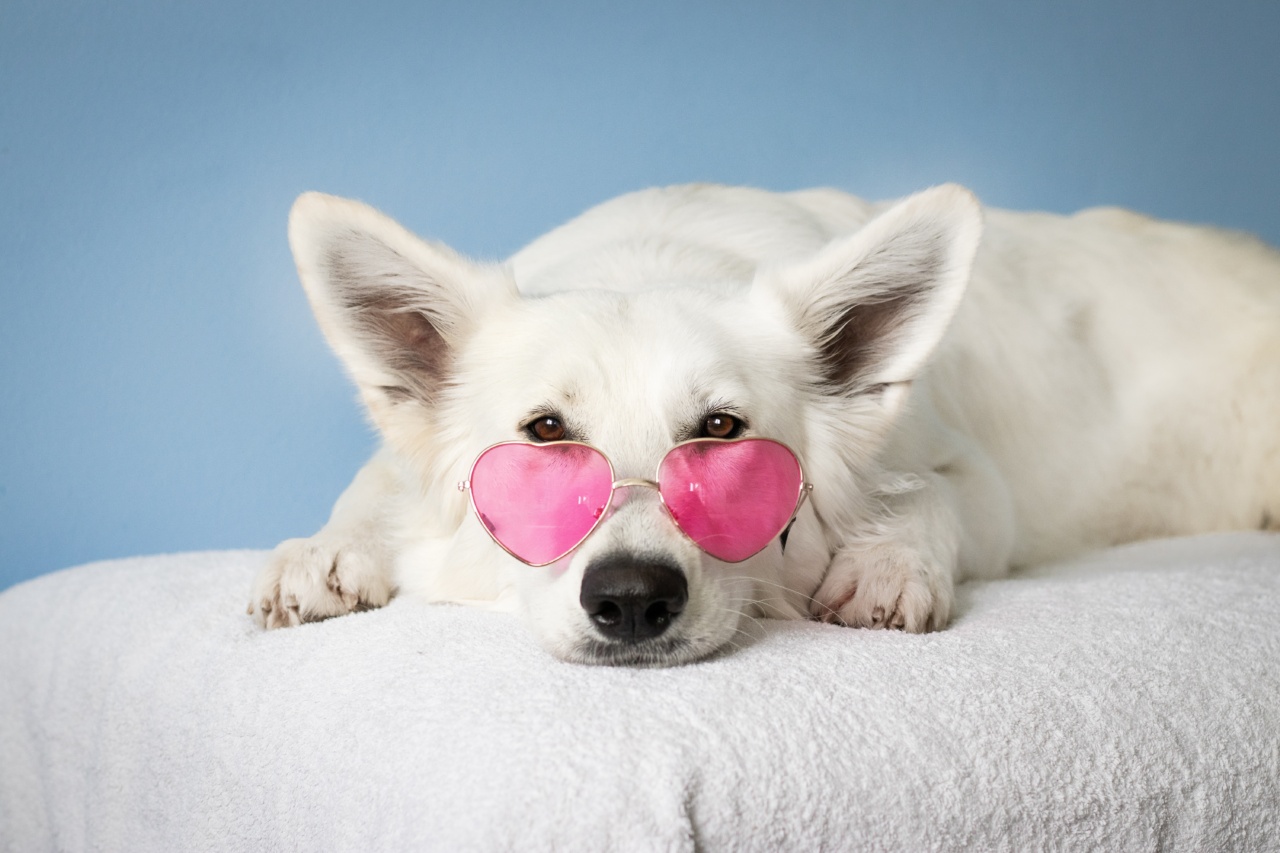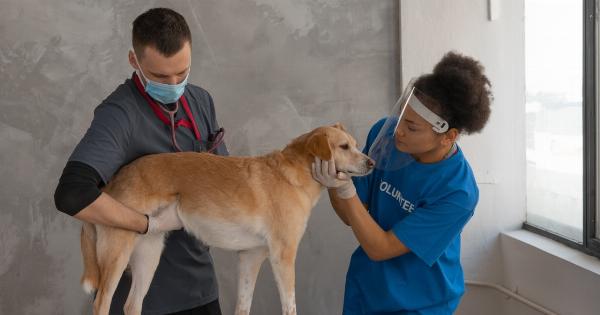As pet owners, we always want the best for our furry companions. We make sure they get enough exercise, provide them with a balanced diet, and take them to regular check-ups with the veterinarian.
However, have you ever considered adding antioxidants to their daily routine? Just like with humans, antioxidants can have a positive impact on the health of our pets. Here’s what you need to know about incorporating antioxidants into your pet’s life.
What are antioxidants?
Antioxidants are substances that protect cells from damage caused by free radicals. Free radicals are harmful molecules that we are exposed to through pollution, UV radiation, and even regular cellular processes.
When free radicals build up in the body, they can cause oxidative stress, which can potentially damage cells and lead to disease.
Antioxidants neutralize these free radicals, preventing them from causing harm to the body. Some common antioxidants include vitamins C and E, beta-carotene, and selenium. These can be found in a variety of foods, supplements, and even topical products.
Why are antioxidants important for pets?
Just like with humans, pets can also be exposed to free radicals through environmental factors such as pollution, second-hand smoke, and poor nutrition. Additionally, pets’ bodies naturally produce free radicals during regular metabolic processes.
Antioxidants can help protect your pet’s cells from damage and reduce the risk of disease.
Studies have shown that antioxidants can improve immune function, prevent inflammation, support heart health, and even slow down the aging process in pets.
Antioxidant-rich diets have been linked to a decreased risk of chronic diseases such as cancer, arthritis, and diabetes.
How can I incorporate antioxidants into my pet’s lifestyle?
The easiest way to incorporate antioxidants into your pet’s life is through their diet. Many pet food brands offer antioxidant-rich formulas that include ingredients such as blueberries, sweet potatoes, and spinach.
Look for foods that specifically mention antioxidants on the label.
You can also incorporate fresh fruits and vegetables into your pet’s diet. While not all fruits and vegetables are safe for pets to eat, some common options include carrots, apples, and green beans.
Before adding anything new to your pet’s diet, consult with your veterinarian to ensure it’s safe and won’t disrupt their current diet.
In addition to diet, you can also provide your pet with antioxidant supplements. These can come in the form of tablets, capsules, or even liquids.
It’s important to choose a supplement that’s specifically formulated for pets, as some human supplements can be toxic to animals.
Finally, you can also provide your pet with antioxidant-rich topical products. These can come in the form of shampoos, conditioners, and even ear cleaners. Look for products that include ingredients such as green tea and vitamin E.
Are there any risks with incorporating antioxidants into my pet’s lifestyle?
While antioxidants are generally safe and beneficial for pets, it’s important to not overdo it.
Too much of certain antioxidants can lead to vitamin toxicity, which can cause a range of symptoms such as vomiting, diarrhea, and even kidney failure.
Additionally, some antioxidants can interact with certain medications your pet may be taking. Always consult with your veterinarian before adding anything new to your pet’s lifestyle.
Conclusion
Antioxidants can have a positive impact on the health of your furry companion.
By incorporating antioxidant-rich foods, supplements, and products into their lifestyle, you can help protect their cells from damage and reduce their risk of chronic diseases. As always, consult with your veterinarian before making any changes to your pet’s diet or lifestyle.





























